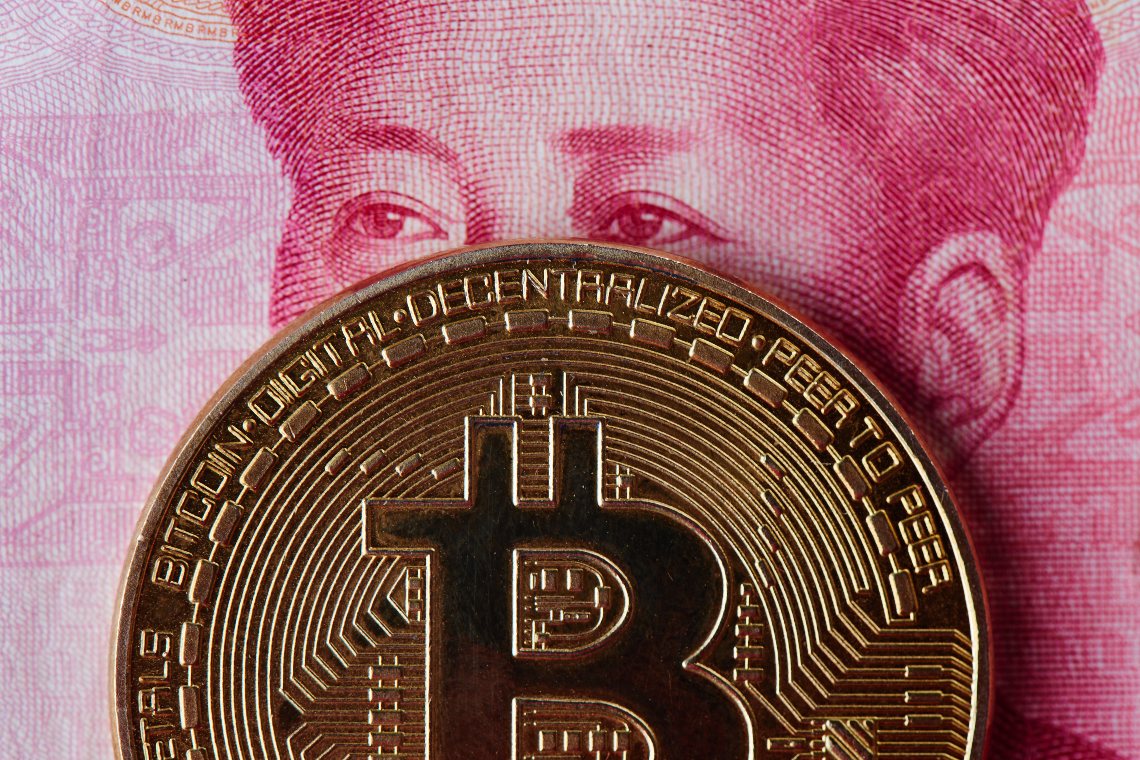China banned bitcoin and cryptocurrency trading in 2017. In fact, all Chinese exchanges closed down, or moved abroad, and were effectively legally banned from trading fiat currency for cryptocurrencies.
Despite this, however, the Chinese have continued to buy and sell bitcoin, as has been known for some time.
But the recent bullrun seems to have generated a significant increase in trading in China as well, despite the ban.
This is revealed by Reuters, according to which the “grey” cryptocurrency trading market in China has revived since October 2020, so much so that regulators have once again been alerted.
Bitcoin trading in China
The fact is that Chinese traders and investors are continuing to trade bitcoin using mainly foreign exchanges owned by Chinese companies, including Huobi and OKEx, i.e. two of the world’s leading exchanges for both spot volumes and derivatives trading. It also appears that the once dormant Chinese trading chats have awakened.
Although these foreign exchanges would not be authorized to operate within the Chinese borders, and especially with Chinese residents, they are in fact still usable by the Chinese without any particular problems. The exchanges do not trade in Yuan, but mostly in stablecoins such as USDT, and in this way all obstacles are circumvented.
In fact, it is possible to buy USDT in Yuan on P2P marketplaces, with payment via bank cards or online transfers, also because it seems that this does not violate Chinese laws. The exchange of local currency into US dollars is permitted, and USDT is just a token representing the US dollar.
To circumvent Chinese capital controls, users send yuan abroad under the guise of making medical or other legitimate purchases, and then use it to buy USDT.
China’s financial market watchdog has indicated that it is trying to adopt stricter oversight of cryptocurrency trading, but since virtually everything happens abroad, it is very difficult for Chinese authorities to intervene.
Moreover, Chinese law actually recognizes the value of virtual assets, thus making it legal for Chinese people to send and receive cryptocurrencies. The only thing that would be banned would be trading in fiat currency, but since this takes place abroad, it is effectively unstoppable.
In light of this, the ban on crypto trading in China appears even more anachronistic and ephemeral than it already was in the past, making it possible to speculate on a possible change of course by the central government.




